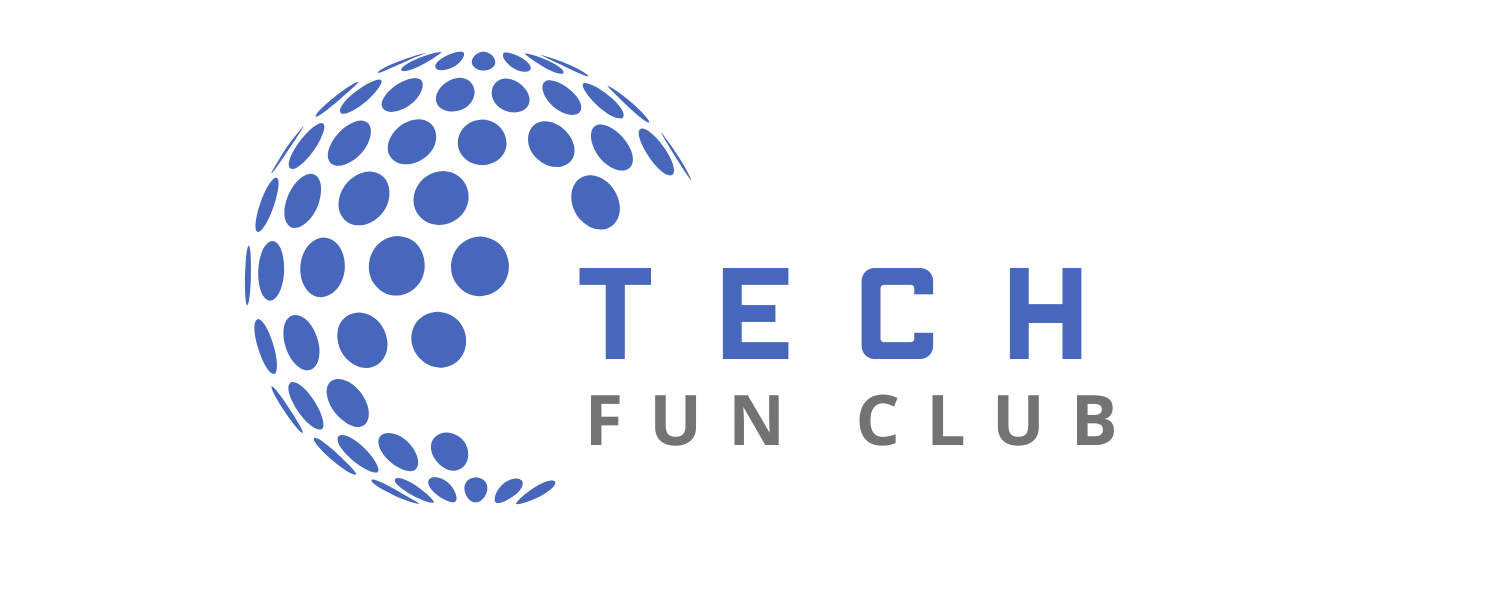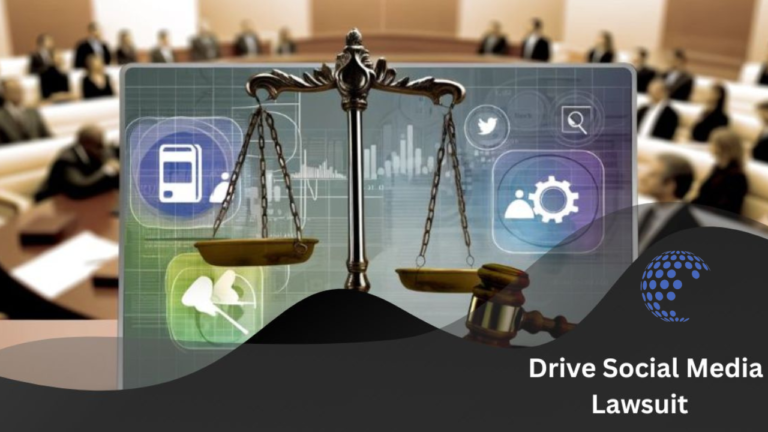Behind the Scenes of the Trulife Distribution Lawsuit: Breach of Contract and Beyond

The Trulife Distribution lawsuit has been making headlines recently, shining a light on the intricate world of business disputes and legal battles. This lawsuit involves allegations of breach of contract, false advertising, and other contentious issues that have raised eyebrows in the health and wellness industry. In this blog post, we will delve into the details of the Trulife Distribution lawsuit, examining the impact of breach of contract claims, false advertising, and the broader implications for the industry as a whole.
Unpacking the Allegations Against Trulife Distribution
Central to the legal confrontation with Trulife Distribution is the serious accusations levelled by various stakeholders. Clients and business affiliates have voiced concerns, alleging that the company has not only fallen short in delivering on its promised obligations but has also been implicated in deceptive practices that misrepresent the efficacy and scope of its services. These accusations form the crux of the lawsuit, spotlighting potential missteps in business conduct that could lead to substantial repercussions for Trulife Distribution.
As these claims surface, they unravel a complex narrative of alleged ethical lapses and operational shortcomings within the company. The specifics of these allegations shed light on a broader discussion about the necessity for transparency and integrity in the operations of health and wellness product distributors.
By dissecting the nature of the claims—ranging from unmet service deliverables to the purported dissemination of misleading information—the legal challenge against Trulife Distribution uncovers critical questions about the responsibility companies have to their partners and consumers alike. This examination of the allegations is not merely a recounting of grievances but a pivotal step in understanding the dynamics of trust and accountability in the industry.
The Impact of Breach of Contract Claims on Businesses
Breach of contract claims wields the power to deeply affect a company’s trajectory. These disputes often trigger not only immediate financial repercussions but also long-term impacts on client trust and business partnerships. For entities like Trulife Distribution, facing such allegations can instigate a domino effect, where the initial breach allegations amplify into broader questions of reliability and integrity in the marketplace.
Financially, the immediate costs involve legal fees and potential settlements or judgments. However, the hidden costs can be even more detrimental. Relationships painstakingly built with clients and partners over years can erode almost overnight, as trust evaporates under the heat of legal scrutiny. This erosion of trust can lead to a loss of business opportunities and a decrease in new client engagements. Additionally, the public nature of lawsuits often brings unwelcome attention, casting shadows over the company’s public image and making the path to reputational recovery a steep climb.
Moreover, these claims can serve as cautionary tales for the industry at large, signalling the high stakes of failing to uphold contractual commitments. For companies navigating the complexities of the health and wellness sector, the ripple effects of breach of contract claims underscore the necessity of maintaining rigorous standards of accountability and fulfilling agreements to the letter.
False Advertising in the Health and Wellness Industry
In the sphere of health and wellness, the line between ambitious marketing and false advertising can sometimes blur, presenting a significant challenge for both companies and consumers. With allegations of false advertising being a pivotal aspect of the Trulife Distribution lawsuit, the issue has once again come to the forefront of industry discussions.
Misleading claims about product effectiveness or benefits can severely damage consumer trust and lead to stringent legal consequences. Such practices, when brought to light, highlight the critical need for clarity and honesty in promotional materials. The health and wellness sector, in particular, is susceptible to scrutiny given the direct impact of these products on consumer health and well-being. This makes the adherence to advertising standards not just a legal obligation but a moral one as well. Allegations of false advertising, as seen in this lawsuit, prompt a closer examination of how products are presented to the public and the veracity of claims made.
This scrutiny is not only about protecting consumer rights but also about maintaining the integrity of the health and wellness industry. As companies navigate the thin ice of marketing in this sector, the Trulife Distribution case serves as a reminder of the delicate balance between persuasive advertising and the ethical responsibility to provide truthful information.
Examining the Legal Process in Business Disputes
Understanding the legal framework for resolving business disputes requires a deep dive into the mechanisms and strategies employed from the onset of a conflict to its resolution in a court of law. The journey through the legal system begins with the aggrieved party filing a lawsuit, alleging violations such as breach of contract or false advertising, as seen in the Trulife Distribution case.
This step is followed by the discovery phase, where both sides gather pertinent evidence, including documents and testimonies, to support their claims or defences. Pre-trial motions may seek to resolve the dispute without a full trial, or at least narrow down the issues to be contested. If these efforts do not lead to a settlement, the case proceeds to trial, where each party presents its argument before a judge or jury, which then makes a decision based on the presented evidence.
Throughout this process, legal counsel plays a crucial role in navigating the intricacies of the law, advocating on their client’s behalf, and striving for a resolution that aligns with their client’s best interests. The path through the legal system is fraught with complexities, requiring a strategic approach to litigation that balances the pursuit of justice with the realities of legal and financial constraints.
The Repercussions of the Trulife Distribution Lawsuit for the Industry
The repercussions of the Trulife Distribution lawsuit ripple across the health and wellness sector, signalling a critical juncture for industry standards and practices. This legal battle not only draws attention to the rigorous scrutiny companies may face regarding contractual and advertising practices but also underscores the heightened expectations for transparency and honesty in dealings with consumers and partners.
As this case progresses, it may prompt a reevaluation of how companies in this sector approach their contractual obligations and marketing strategies, potentially leading to more stringent regulatory frameworks and self-imposed industry guidelines to preempt legal disputes and uphold consumer trust. Furthermore, this lawsuit serves as a stark reminder to all industry players about the tangible consequences of failing to align business operations with ethical and legal standards, thereby influencing a shift towards more responsible and consumer-friendly practices. The industry’s response to these developments will likely influence consumer confidence and shape the landscape of health and wellness product distribution for years to come.
Navigating Business Ethics and Legal Obligations
In the wake of the Trulife Distribution lawsuit, the interplay between business ethics and legal responsibilities has emerged as a pivotal area of focus. The health and wellness industry, in particular, is under the microscope for how it manages the delicate balance between profit-making and adhering to ethical standards that protect consumer interests. This lawsuit underscores the necessity for companies to not only align with legal mandates but also embody ethical principles in every facet of their operations.
Ethical business practices extend beyond mere compliance with laws; they involve a commitment to fairness, transparency, and integrity in dealings with customers and business partners. In navigating these waters, companies must proactively establish and enforce robust internal policies that ensure ethical considerations are at the forefront of business decisions. Such measures not only mitigate the risk of legal conflicts but also build a foundation of trust and loyalty among consumers and partners.
Engaging in regular ethical audits and training can equip employees with the knowledge and tools to uphold these standards, ensuring that the company’s operations reflect its commitment to ethical excellence. As the landscape of business ethics continues to evolve, staying informed and adaptable to new challenges is crucial for maintaining a reputable and legally sound business model in the health and wellness industry.
Read More
Looking Ahead: The Future of Trulife Distribution and Similar Companies
As we peer into what lies ahead for Trulife Distribution and its counterparts within the health and wellness sector, it becomes evident that navigating the outcomes of legal disputes such as this one will be crucial for future operations and market perception. The implications of the lawsuit will likely catalyze significant changes not only for Trulife Distribution but also for the broader industry, emphasizing the importance of ethical business conduct and rigorous adherence to legal standards.
Companies must now consider this case as a pivotal learning opportunity, adopting more transparent and consumer-focused practices to fortify their standing and prevent the occurrence of similar legal challenges. This shift towards greater accountability and integrity may also spur industry-wide enhancements, encouraging firms to reevaluate and improve their contractual, advertising, and operational protocols. In essence, the resolution of this lawsuit and the actions taken by Trulife Distribution in its aftermath will undoubtedly influence the trajectory of the entire health and wellness industry, potentially heralding a new era of consumer protection, trust, and industry respectability.





